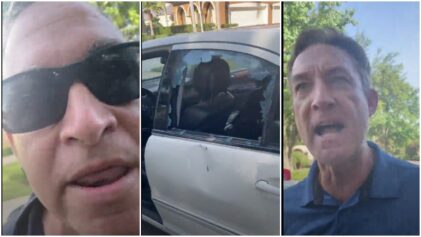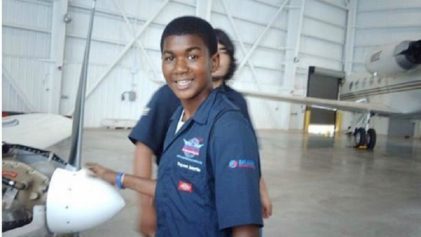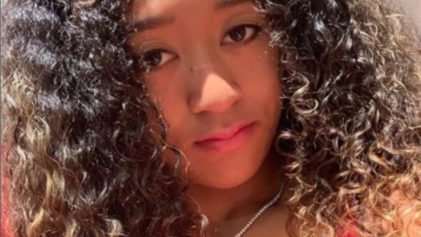Florida prosecutors began their second attempt Monday at convicting Michael Dunn for the murder of 17-year-old Jordan Davis in November 2012 after Dunn’s previous jury could not deliver a verdict on a murder charge in February.
After more than 30 hours of deliberation, the first jury found Dunn guilty of three counts of attempted murder for firing into the car where Davis was sitting with three of his friends at a Jacksonville, Florida, gas station. But they could not agree on the murder charge — essentially finding the 47-year-old white man guilty of attempting to kill the teens, but not guilty of succeeding in killing Davis.
The jury verdict became a part of the evidence cited by African-Americans — in addition to the acquittal of George Zimmerman for killing 17-year-old Trayvon Martin — that it is extremely difficult for African-Americans to find justice in America through the court system.
State attorney Angela Corey is once again leading the prosecution team, as she did in February. The trial began Monday morning with jury selection in Jacksonville.
“We have a problem in America with who gets the benefit of the doubt,” John Phillips, a Jacksonville lawyer who represents Ron Davis and Lucia McBath, Davis’ parents, said to The Guardian. “If Michael Dunn, a middle-aged, white software designer, walks in front of your car, you think nothing of it, but if it’s a black teenager like Jordan Davis he is all too often falsely perceived as more of a threat. We hope the jury sees and hears more about the overall picture of Michael Dunn and Jordan Davis. Jordan was a good kid. He did nothing to warrant his death that night.”
Dunn could face up to 60 years in prison for the attempted murder convictions. He will be sentenced for those February convictions at the end of this current trial, which could last several weeks. He also faces an additional 15 years for firing 10 times into the SUV that contained the teens. Three of the shots struck Davis.
During the trial, Dunn claimed he had “respectfully” asked the teenagers to turn down the music in their red Dodge Durango. He and his girlfriend Rhonda Rouer had pulled in next to them at the gas station, stopping for wine and snacks on his way to a hotel after his son’s wedding. He claimed his request was met with aggression and that he opened fire only after he saw Davis pointing what looked to be a shotgun at him. But there was no gun found.
The first Florida jury didn’t completely buy Dunn’s story — even with the state’s Stand Your Ground law hovering in the background — that his fears of impending danger warranted opening fire on a car full of children after he got into an argument with the teens about their loud music. The deliberations stretched over four days.
After the first verdict, Davis’ parents left the courtroom in tears and Dunn turned to his lawyer, Cory Strolla, and asked, “How is this happening?” as if he had never considered the possibility of conviction.
“Obviously, my client is devastated at the outcome. Never saw it coming one bit,” Strolla said, confirming as much. “So it’s hard. It’s hard for the family. I know his family’s devastated.”
After the verdict, a white female juror told ABC’s Nightline that she wanted Dunn to be convicted of first-degree murder — as did nine of the 12 jurors who participated in the deliberations.
Juror No. 4, identified as “Valerie,” said the jury initially started out at 10-2 in favor of first-degree murder, but one of the 10 started wavering over the course of the 30 hours of deliberations and eventually changed his vote, making it 9-3 in favor of conviction.
She said each of the 12 jurors believed Dunn crossed a line when he continued to fire at the SUV as it fled the scene because any threat he might have felt was over.
“We all believed that there was another way out, another option,” she said.
Asked if Dunn got away with murder, she said, “At this point, I do.”
Valerie said Dunn’s decision-making was all wrong.
“Roll your window up, ignore the taunting, put your car in reverse … move a parking spot over,” she said. “That’s my feeling.”
The trial judge, Russell Healey, denied a motion from Dunn’s new lawyer, Waffa Hanania, to move the trial away from Jacksonville. The lawyer thought it would be impossible to seat an impartial jury, but the judge said he would reconsider if jury selection proved impossible.
“The way they say it, they’re still parenting, trying to prevent this happening to any other family,” the Davis family lawyer Phillips said. “It’s a tough day for them today. They know Dunn will probably be in jail for the rest of his life, but this trial is not about the attempted murders, it’s about justice for Jordan Davis.”


